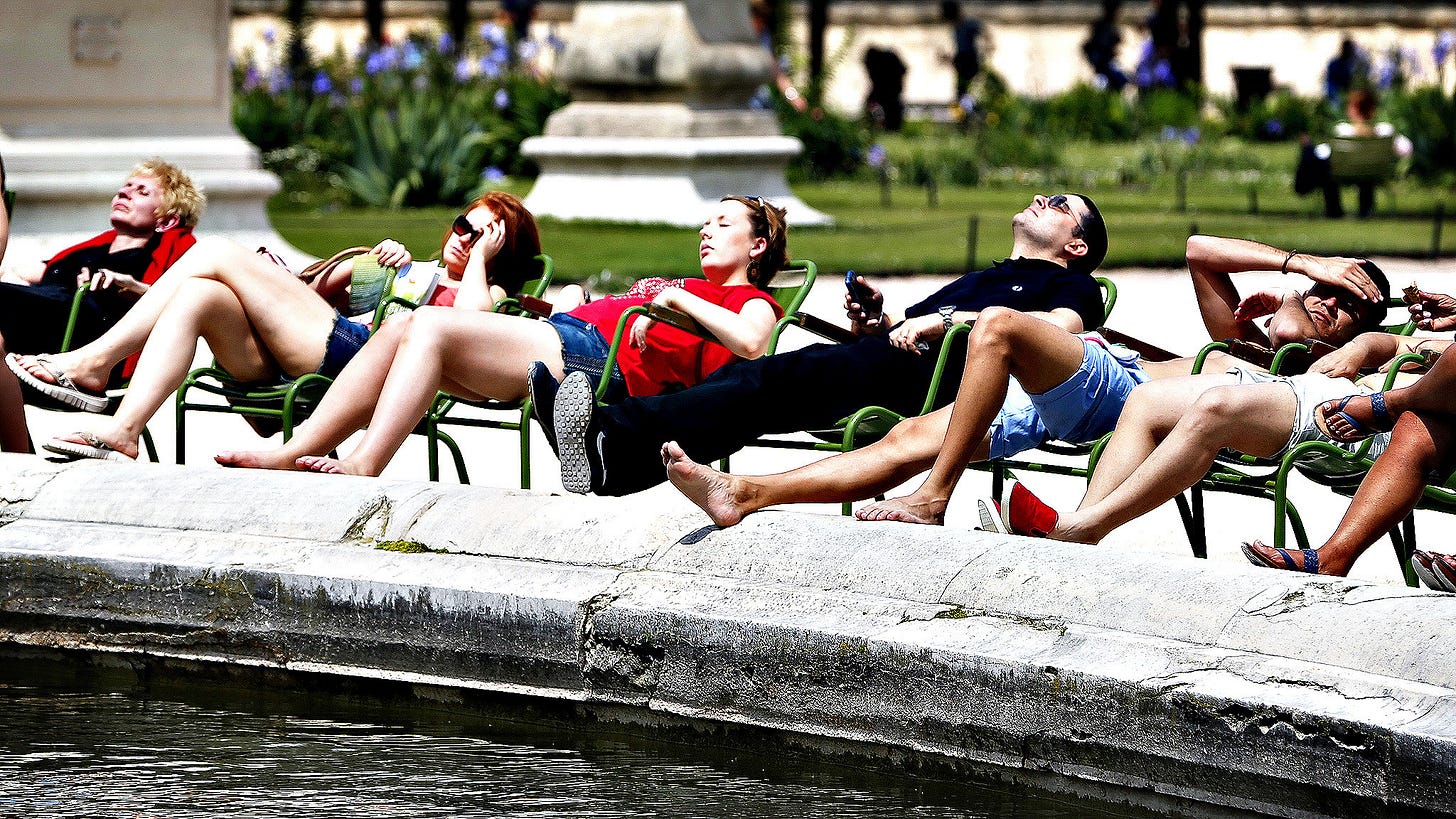Sometimes It's Best to Do Nothing
As a young analyst working on Wall Street in the mid 1990s, I quickly learned the value of looking busy. Activity was seen by virtually everyone as a proxy for initiative. After all, busy people are more productive people, right? They are more ambitious. They are diligent. They are committed.
Consider the following scenario.
Esko Aho, Prime Minister of Finland from 1991 to 1995 and a former colleague of mine at the Harvard Kennedy School, visited my Business Ethics class at Yale last year. During our classroom discussion, he recalled getting a call at 2am from one of his top advisors informing him that “shots were being fired in Moscow." The advisor feared a coup was underway and Finland would need to handle an influx of refugees, possible military defections, and instability on its 800+ mile border with Russia.
Esko then asked my students what they would have done if they were in his shoes. Everyone agreed it was important to gather top military commanders and begin planning. Some suggested calling Moscow to offer support. Many other ideas surfaced of what could be done to prepare for the likely chaos. After listening carefully to every suggestion, Esko shared what he actually did.
“I hung up the phone and went back to sleep.”
He knew he needed to be rested and alert in the morning because he would likely awake to enormous pressures. He also knew that his advisors would call back if the matter grew more urgent...and he feared that by staying up and acting, he may act unnecessarily. So he did nothing. By the morning, the situation had grown less urgent and he was able to plan for various scenarios.
Esko's advice about choosing to do nothing resonated with many of my students, some of whom have spent the past year working in finance. Several have noted the relevance of his insight to investing.
Investment management is an uncertain endeavor in which risk and reward must be constantly gauged as part of a never-ending quest to generate returns. Because of the probabilistic and unpredictable nature of market movements, every investor is destined to make mistakes. But an investor can choose what type of mistake to make, and in times of full-valuations or bubbly conditions, it’s better to make errors of omission rather than errors of commission. When the potential rewards appear limited and risks elevated, it’s better to do nothing and miss gains than to do something and capture losses. As noted by Warren Buffett, “frequently, the best decision is to do nothing.”
The Taoist principle of Wu Wei captures this spirit well. It translates into the “action of non-action” and implies that one seamlessly moves with the ebbs and flows of natural cycles. While many of us are inclined to act and do things our way, sometimes it’s best to pursue Wu Wei.
Vikram Mansharamani is a Lecturer at Yale University in the Program on Ethics, Politics, & Economics and a Senior Fellow at the Mossavar-Rahmani Center for Business and Government at the Harvard Kennedy School. Visit his website for more information or to subscribe to his mailing list. He can also be followed on Twitter.





